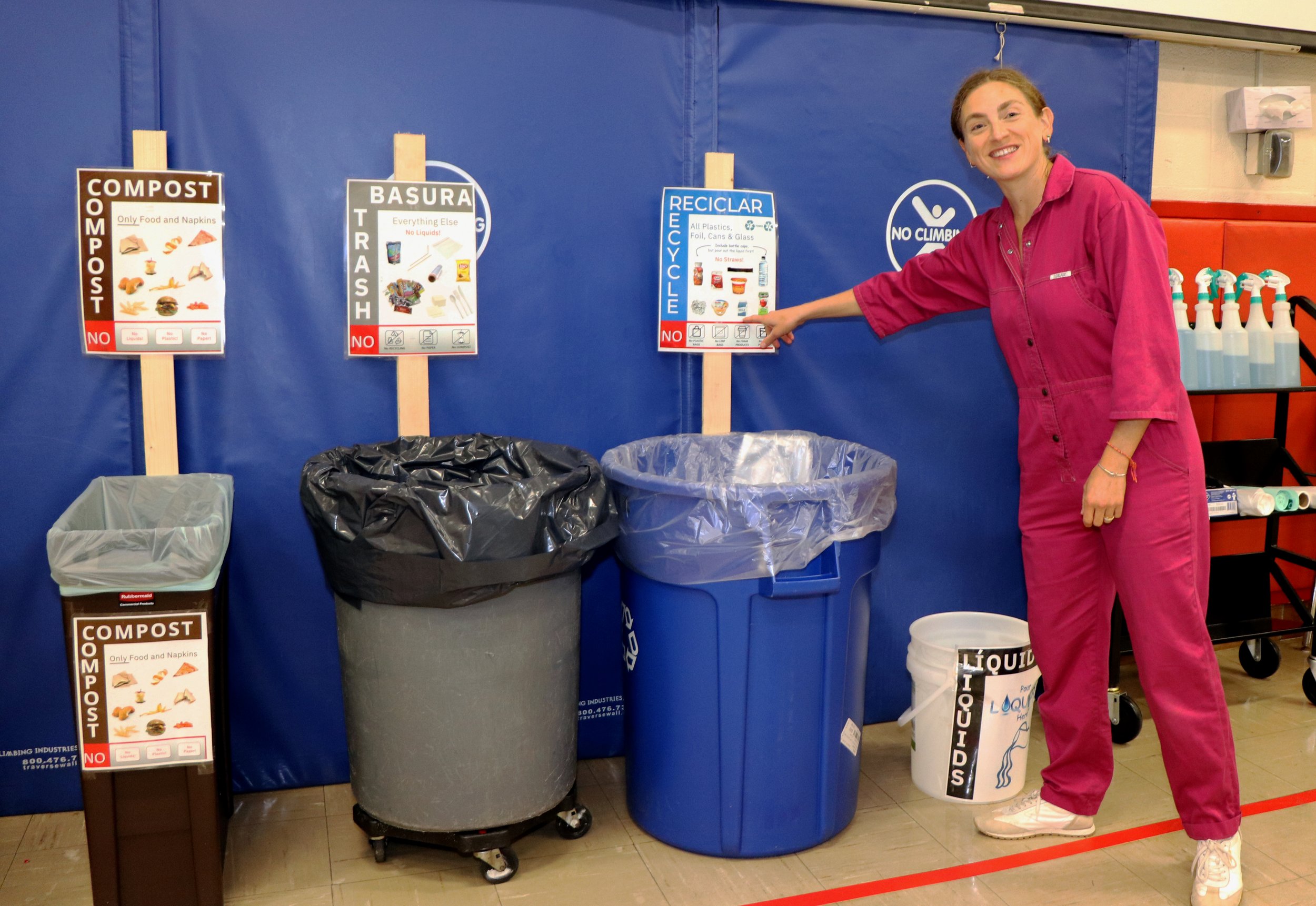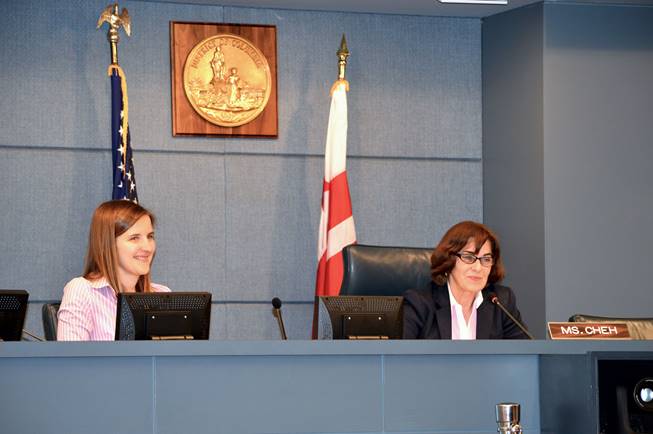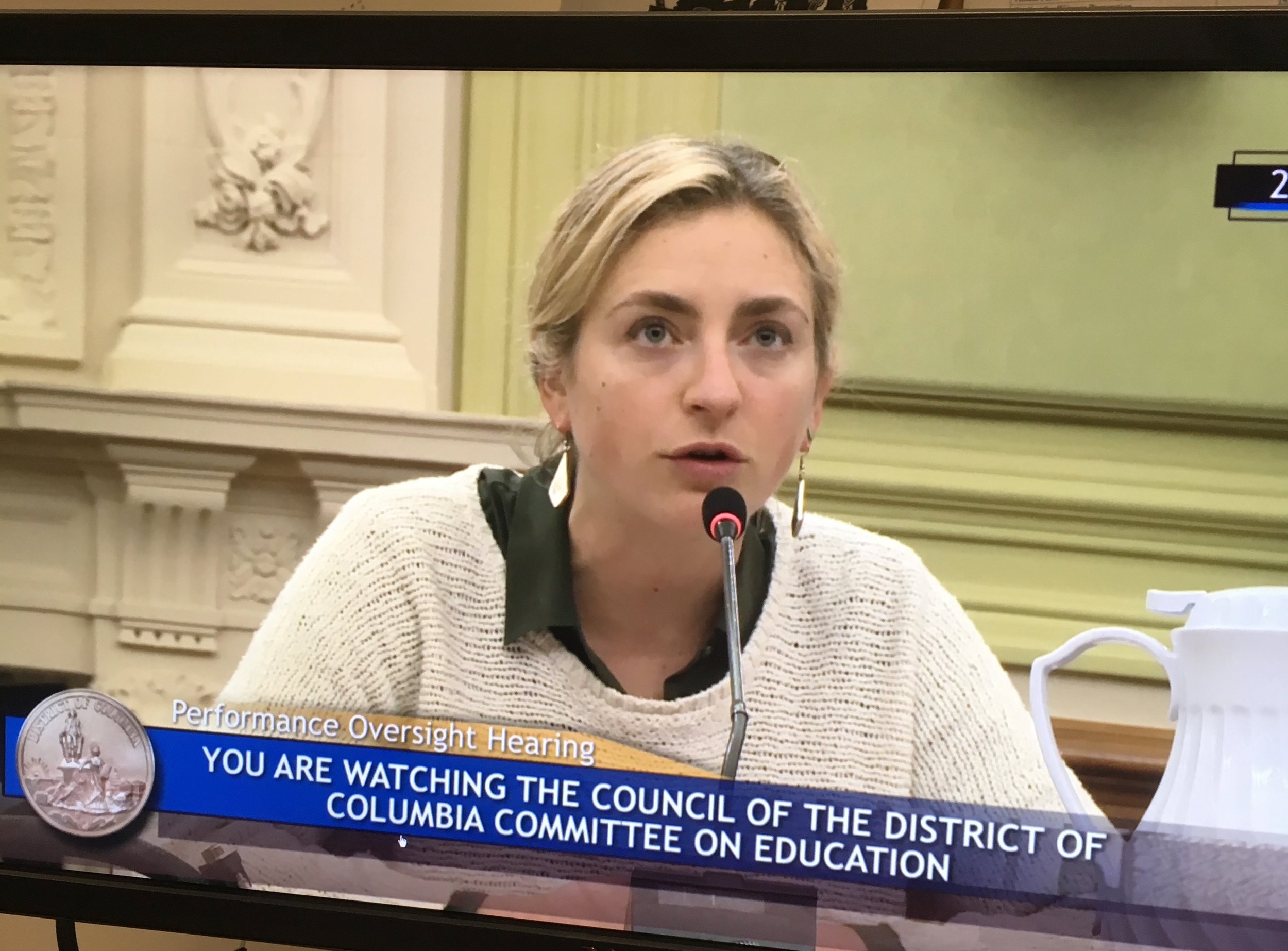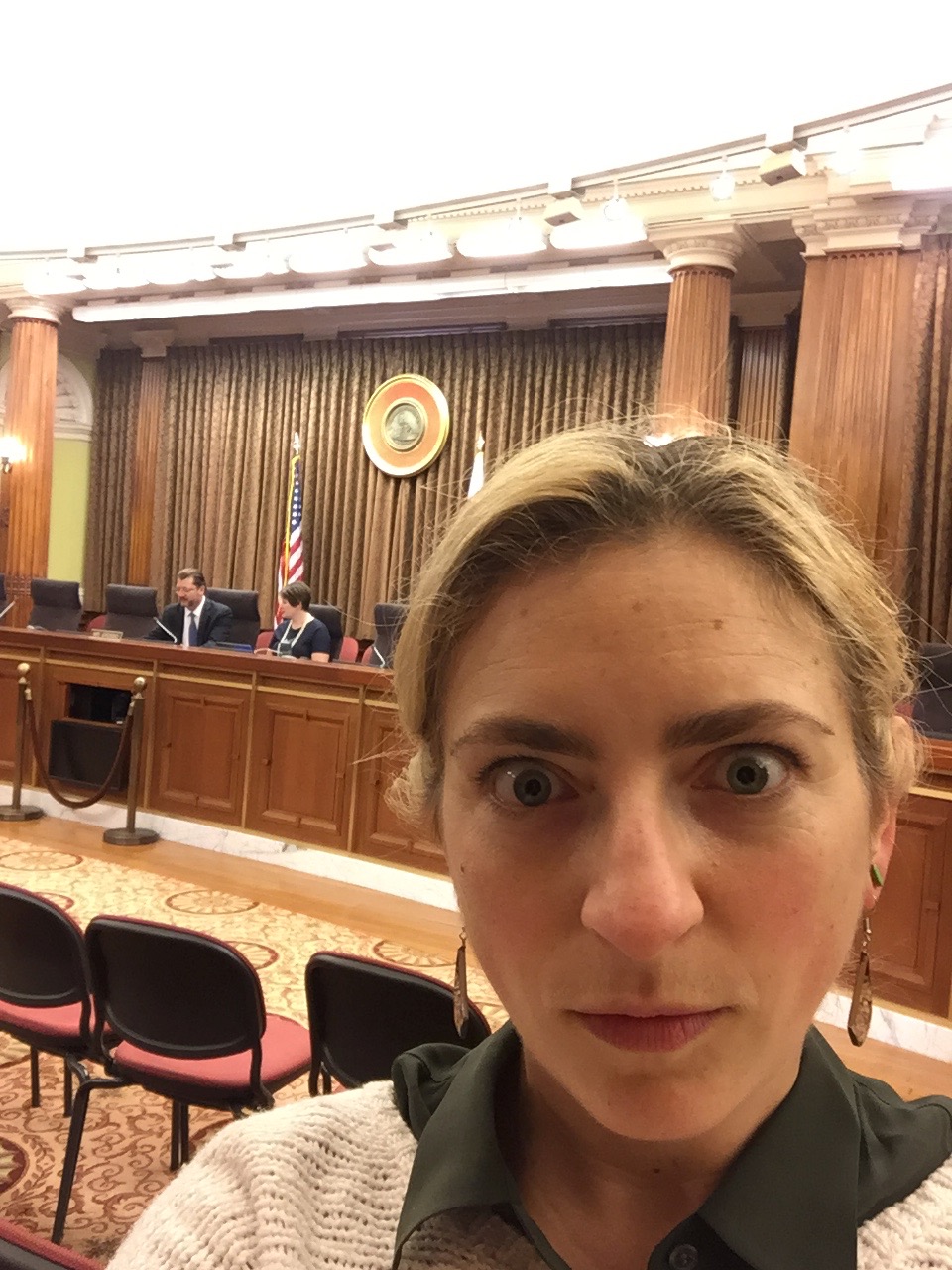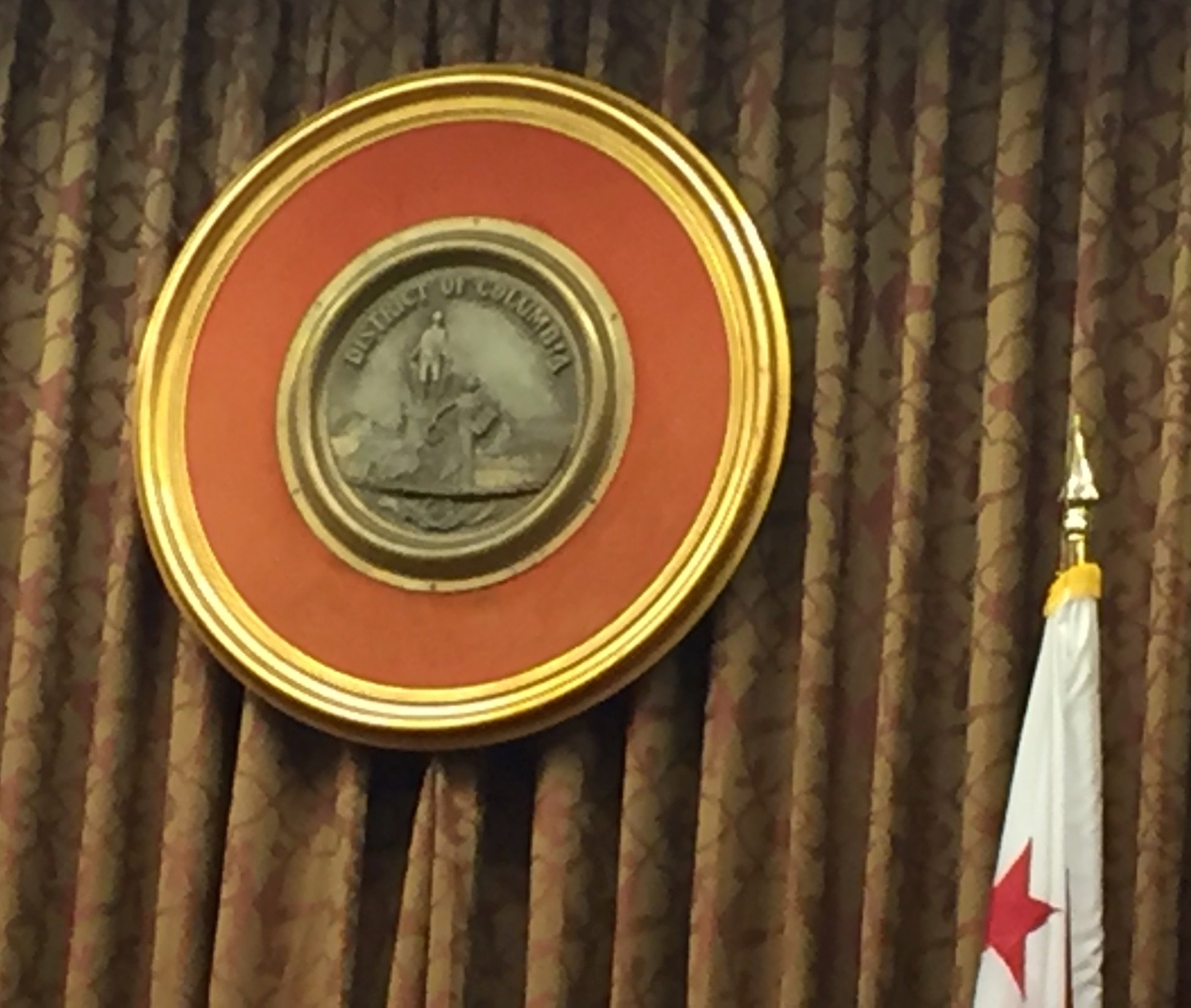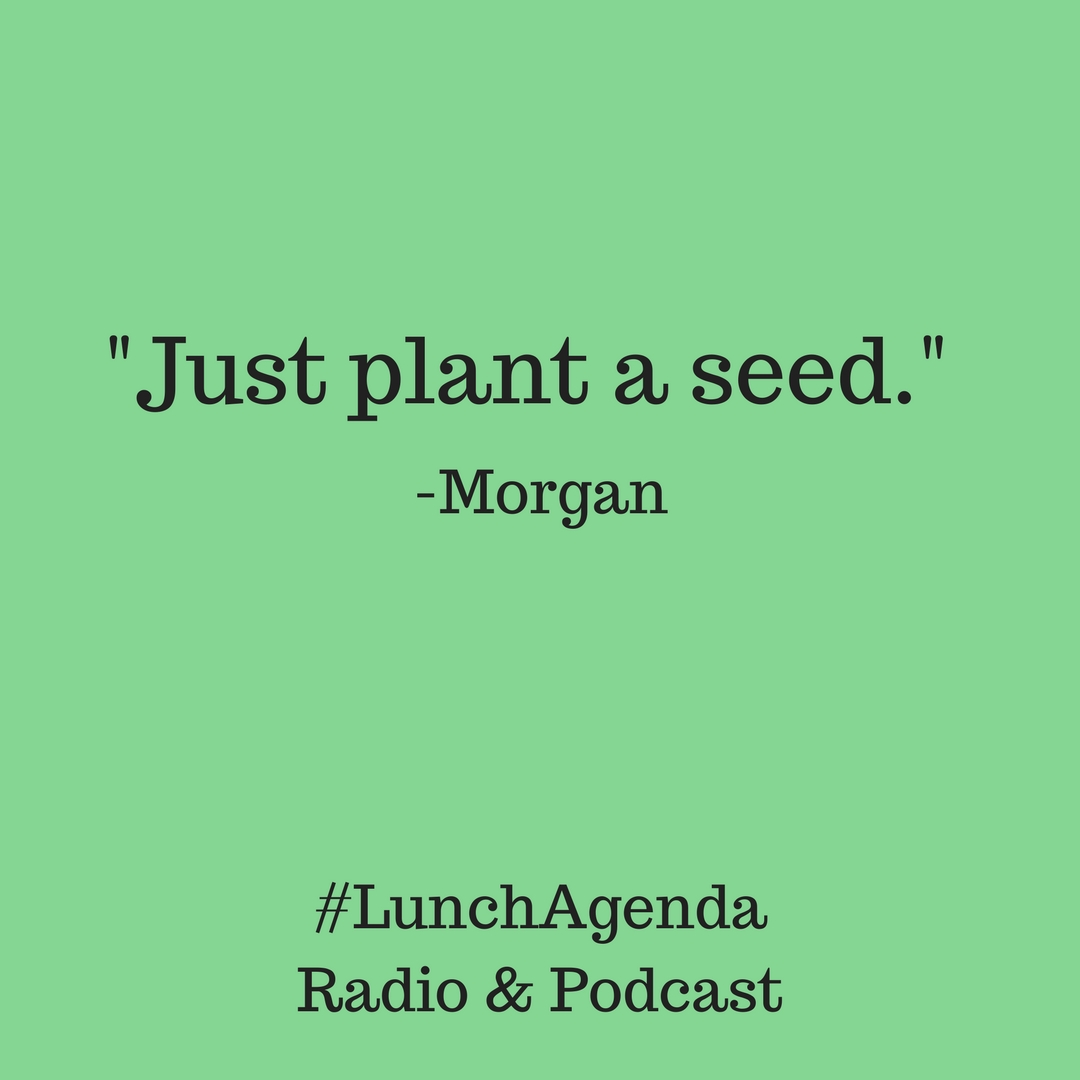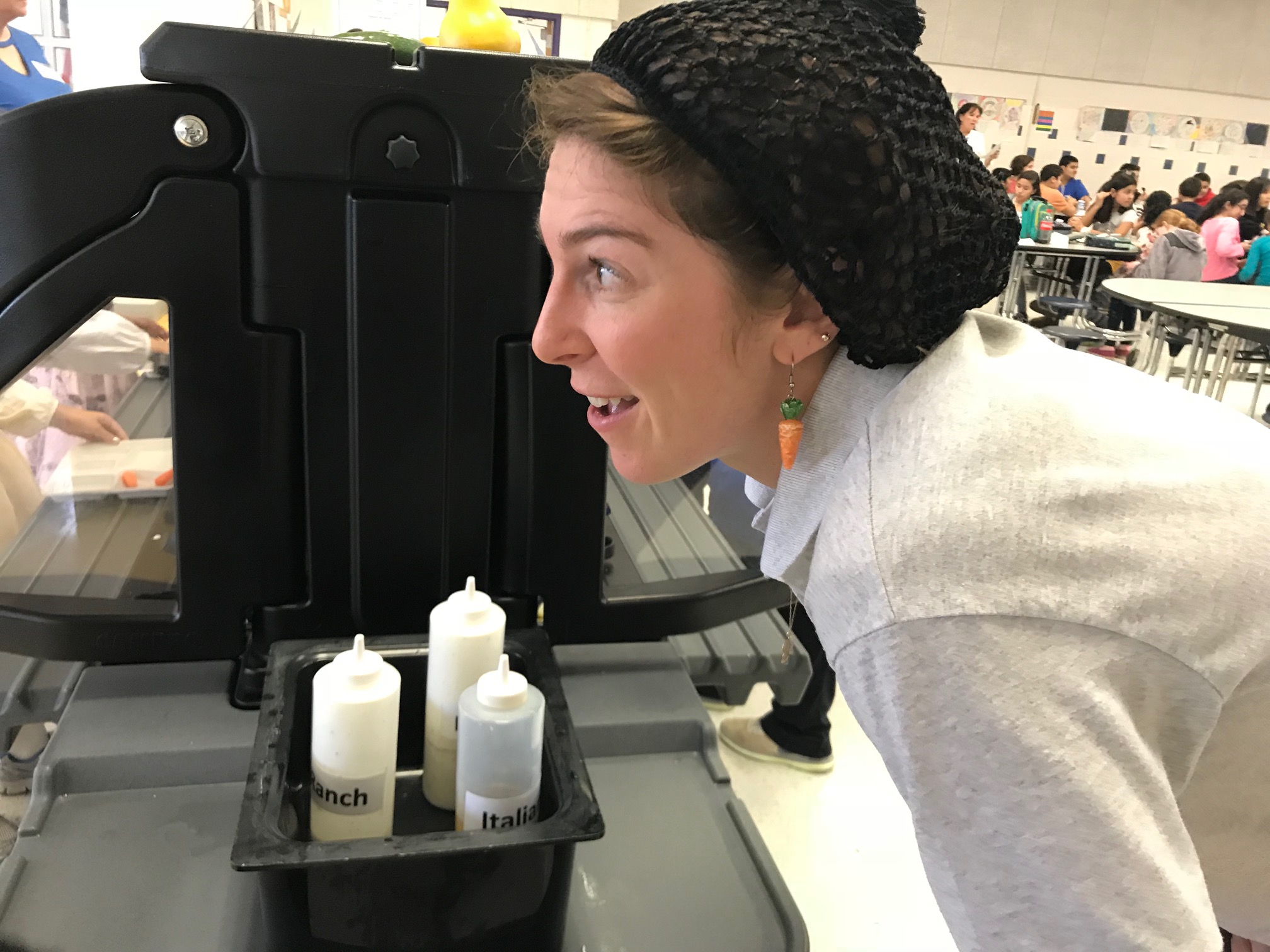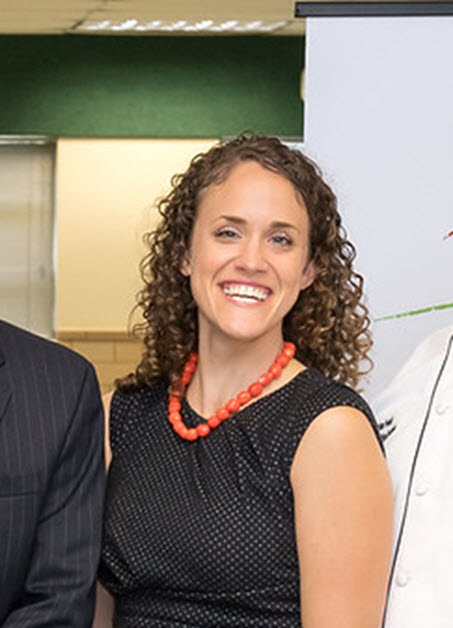On March 20th, 2025 the Public Schools of the Tarrytowns celebrated an award recognizing successes under our Wasteless Horsemen initiative. Since the initiative’s inception in Fall 2023, we have worked to train students (from the littlest Horsemen up) on the why, what and how of “recycling right” and composting at school. Our elementary students have reduced their lunch trash by about 60,000 pounds per school year, and next up is the middle school.
In a small group conversation with middle school students earlier this month, we were discussing climate change when one student raised their hand and said “What’s the point of just our district making changes?” Another student’s hand shot up and he said, “Because if other schools hear what we’re doing, they might do the same thing.” My hope is that our leadership in zero waste education is followed by leadership in outdoor education (taking advantage of the Peabody Preserve owned by our District) and farm- to-school education leveraging our many campus gardens.
Celebrating at the March 20th Board of Education meeting


